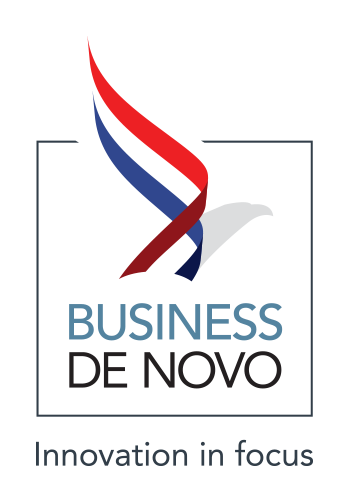In a recent piece for TheStreet.com, Kabir Sehgal writes about the emergence of patents as a tradable asset class.
He’s a little late to the party. A market for patents as valuable commodities has existed for at least two decades, maybe longer. And he’s a little off in the nomenclature: patents aren’t a “license to sell …”. They confer the right to exclude others from selling the patented invention.
But in principle, it’s important to recognize as Sehgal does that tranches of patents—or patent portfolios of entire companies—that are classified as intangible assets have become something buyers give tangible value for.
Chicago’s own Ocean Tomo, for example, has been in the intellectual property valuation game since 1987. It founded its intellectual property merchant banking arm in 2003, and established its IPXI, an auction marketplace for IP, in 2005.
Technology companies also have long placed specific values on patent portfolios, often buying them to lock them up and forestall competitors. Remember Rockstar Consortium, the coalition of Apple, Blackberry, Ericsson, Microsoft, and Sony that submitted the winning $4.5 billion bid for the patent portfolio of bankrupt Nortel?
$4.5 billion is a pretty big number. And it’s a tough playing field. Rockstar turned around and sued Google, Samsung, and Chinese mobile handset makers Huawei and ZTE, among others. That’s patent assertion. A non-practicing entity.
Sehgal includes some notable statistics on intangible assets, stating: “… Notably, 75% of the value of publicly listed U.S. companies comes from intangible assets, a jump from 40% in the 1980s.”
Companies like those in the Rockstar Consortium—and Google, IBM, Yahoo! and others—view their stockpiles of patents as defensive weapons against competitors. If a competitor enters a market these patent-holders are already innovating in, the patent-holders can sue for infringement—raising the cost of entry.
Now these same companies are putting a value on patents for brokers, investment bankers, hedge funds, and retail investors, and increasing the value of the company in the process. And there are more plays on offense—including infringement lawsuits (which recently ticked up, by the way), inter partes proceedings at the PTAB, and strategies like those of Google, offering patents in exchange for non-compete agreements. (More on this interesting defensive strategy later.)
That said, all those interested in patent markets and in encouraging an entrepreneurial and innovative business ecosystem should be concerned about the direction on Capitol Hill toward trimming the sails of patent owners. Free markets find ways to set and exploit commercial value. Patents protect that value, by securing to inventors the right to exclude others from practicing their invention. And I’ve said before that innovation is the primary driver of successful business.
Just because you own a patent and look to assert it doesn’t mean you’re a troll. Rockstar asserts its patent portfolio to business advantage, and to protect the collective innovations of its own members. A cartel? Maybe to some. But owning and asserting a patent should not be made more difficult. Patents are a vital cog in America’s innovation machine.
Congress needs to hear a balanced message. The media need to be corrected. Those of us close to the world of patent law should help to provide that balanced message. Let’s let the market—not legislators or special interests—determine patents’ value.
MIMI
